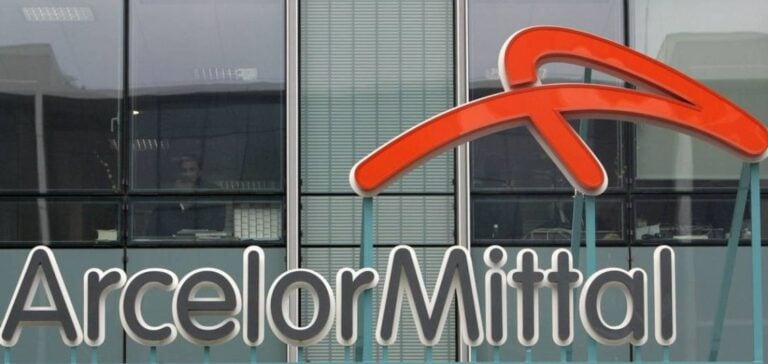After significant losses in 2023 due to provisions for its withdrawal from Kazakhstan, ArcelorMittal posted a net profit of $938 million in the first quarter of 2024. This result was underpinned by improved pricing conditions and a recovery in sales volumes, although overall sales were down 12% on the previous year and net profit reduced by 14.4%.
Operational and strategic challenges
The withdrawal from Kazakhstan has entailed exceptional costs for ArcelorMittal, but management remains optimistic about steel demand outside China, forecasting growth of 3 to 4% this year. This dynamism is crucial as the Group seeks to improve profitability in a fluctuating market environment.
Sustainability commitments
ArcelorMittal is under intense pressure to reduce its carbon footprint, particularly in its traditionally energy-intensive steel production processes. In response, major investments are planned to convert production processes to less polluting technologies, such as the use of electric furnaces for scrap melting. This transition is supported by European Union subsidies to promote greener technologies.
Legal crises and restructuring
ArcelorMittal’s situation was complicated by the declared insolvency of the Ilva steel mill in Italy, a major legal problem requiring state intervention after negotiations for capital injections failed. These legal and financial challenges underline the need for ArcelorMittal to stabilize its operations while adapting its business strategy to current economic and regulatory realities.
Results slightly ahead of analysts’ expectations contributed to a slight rise in ArcelorMittal’s share price, despite a slight decline in the overall market. The Group is preparing to capitalize on growth opportunities, while navigating cautiously in a global economic climate that remains precarious.






















